#paul bowles
Quote
Because we don't know when we will die, we get to think of life as an inexhaustible well. Yet everything happens only a certain number of times, and a very small number really.
Paul Bowles
#Paul Bowles#thepersonalwords#Life#quotes#literature#life quotes#author quotes#prose#lit#spilled ink#writers on tumblr#writing inspiration#poets on tumblr
26 notes
·
View notes
Text

Paul Bowles (30 de Diciembre1910 – 18 Noviembre 1999) y Patti Smith (30 Diciembre 1946)
78 notes
·
View notes
Text

Paul Bowles, December 30, 1910 – November 18, 1999.
62 notes
·
View notes
Text
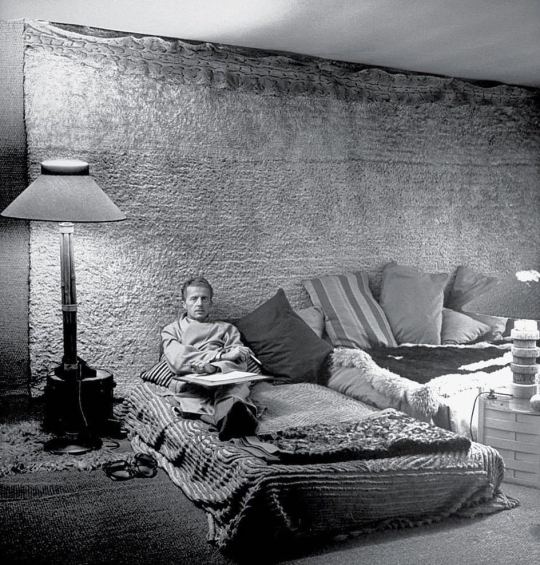
Paul Bowles
30 notes
·
View notes
Text
They lay side by side in the cool sand, not speaking, simply watching the moon rise over the dunes. It was a vast, silent night, and for a moment they felt a curious sense of peace, as if their insignificance in the face of this immensity were a kind of liberation. The weight of their individual concerns seemed to lessen, dissolved in the vastness of the desert. - "The Sheltering Sky", Paul Bowles (1949).
31 notes
·
View notes
Text

Paul Bowles, Tanger, Marruecos, Photo by Gérard Rondeau, 1997
29 notes
·
View notes
Text
The only thing that makes life worth living is the possibility of experiencing a now and then a perfect moment. And perhaps even more than that, it’s having the the ability to recall such moments in their totality, to contemplate them as jewels.
— Paul Bowles, The Sheltering Sky (John Lehmann, 1949) (via The Vale of Soul Making)
30 notes
·
View notes
Photo
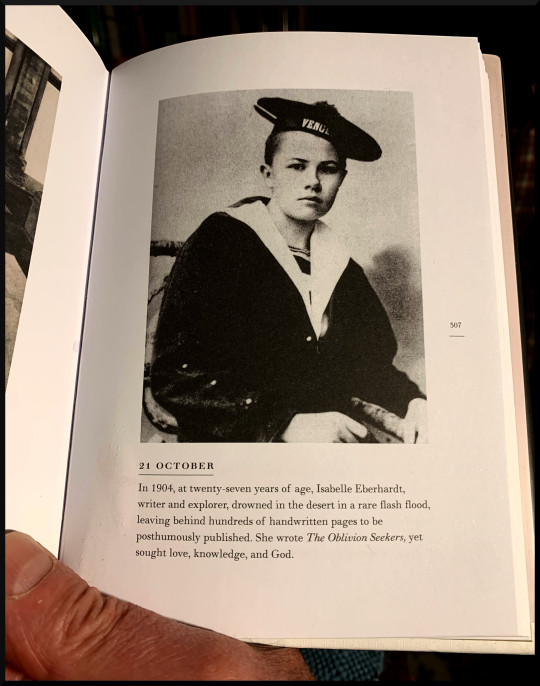

“If Alexander Trophimowsky had not taken complete charge of his daughter’s education and upbringing, no one would ever have heard of Isabelle Eberhardt. By obliging her to perform hard physical labor outdoors alongside her brothers during her childhood and adolescence, he made it possible for her to withstand the rigors of the spartan life she was to live later on. By insisting that she appear regularly, dressed in men’s clothing, not only at home but also in public, he assured her the subsequent ease she felt in wearing male disguise, a device which was to prove a sine qua non in the Sahara. Had he not bought her a horse and taught her to ride it properly while she was still a child, she would have had no mobility in the desert. He saw to it that she grew up a polyglot, even teaching her to read and write Classical Arabic, when she asked for it. Trophimowsky had been a friend of Bakunin and was himself a Nihilist, full of untried theories about education; he allowed his daughter to have no contact with the Swiss among whom they lived. Very early he instilled in her a healthy contempt for the values of bourgeois society. Indifference to public opinion was essential if she was to be able to lead the kind of life she demanded.” Paul Bowles - Preface to the 1975 City Lights edition of The Oblivion Seekers
Images - 21 October from Patti Smith’s “A Book of Days” and 1975 City Lights edition of The Oblivion Seekers
80 notes
·
View notes
Text
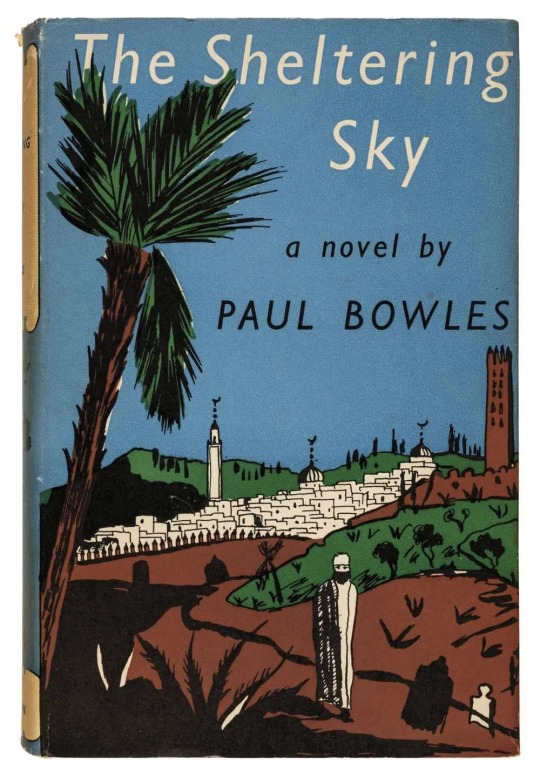
16 notes
·
View notes
Text
Jennifer Connelly reads: 'From a certain point onward there is no longer any turning back. That is the point that must be reached.'
(Kafka in The Sheltering Sky / Paul Bowles)

Audiobook: The Sheltering Sky, by Paul Bowles,
narrated by Jennifer Connelly (2012, 10 hours 30 mins)
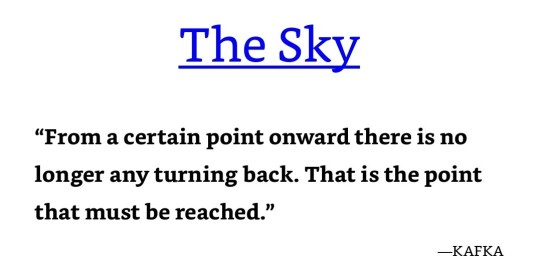
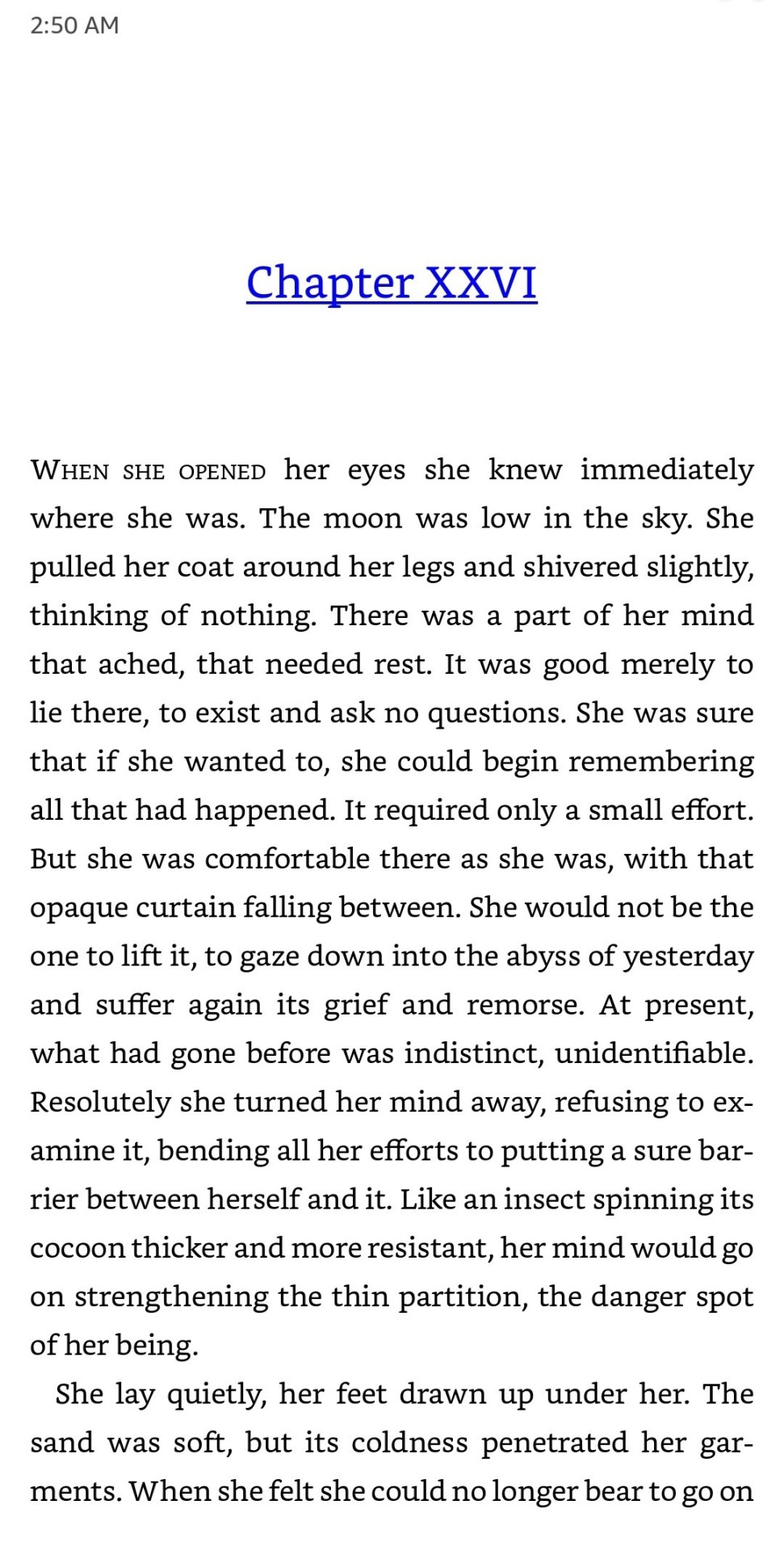

#art#heroine#literature#novel#jennifer connelly#audiobook#paul bowles#the sheltering sky#franz kafka#kafka#actress
8 notes
·
View notes
Text
“La desesperación no es el resultado del fracaso. Es el resultado de no haber intentado lo suficiente”
Paul Bowles
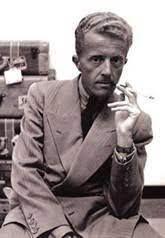
Fue un escritor y compositor estadounidense, nacido en Nueva York. Conocido principalmente por su obra literaria, es considerado como uno de los grandes escritores del siglo XX y una figura clave en la literatura de la Generación Perdida.
De abuelos alemanes, su padre era un odontólogo y músico frustrado. Desde temprana edad Bowles mostró interés por la música y la escritura y tuvo la oportunidad de estudiar con el renombrado compositor Aaron Copland. Fue autor de partituras para Ballet y compuso música de muchas películas y obras de teatro.
Bowles derivado de sus desavenencias con sus padres decide abandonar el seno familiar a la edad de 19 años, vivió en París en la década de 1930, en donde conoció a Ezra Pound, el poeta, músico y ensayista estadounidense, y a la escritora Djuna Barnes.
En 1938 contrajo matrimonio con Jane Auer, autora de teatro y novelista. Tras haber vivido en Europa, Centroamérica y Ceilán, la pareja estableció su residencia permanente en Tánger Marruecos en donde vivió por más de 50 años. Su amor por Marruecos y su cultura influenciaron gran parte de su trabajo literario.
Bowles tenía una fascinación por lo viajes y la exploración. Durante su vida visitó y vivió en varios países de Europa, Africa, América del Sur y Asia, lo que el permitió experimentar y absorber diferentes culturas y aprender de sus sociedades.
Su primera novela, “El cielo protector”, escrita en 1949, gozó de un éxito de ventas y posteriormente fue llevada al cine por el director Bernardo Bertolucci. En dicha obra, la acción transcurre en dos planos, el desierto africano exterior y el desierto interior de los protagonistas. Esta novela es en parte autobiográfica.
En sus siguientes dos novelas; “Déjala que caiga” (1952) y “La casa de la araña” (1955) relata la extraña integración a la cultura musulmana a europeos o norteamericanos que terminan inmersos en una auténtica crisis de identidad, que los lleva a alienarse en un mundo de alcohol y drogas.
Es en esta época que Bowles se relaciona con la Gay Society con figuras como Luchino Visconti, Tennessee Williams y Truman Capote, así como con la generación Beat, (William Burroughs, y Allen Ginsberg) entre otros, introduciendo a parte de esta generación en algunas drogas curiosas como el majoun.
En 1972 publicó “Memorias de un nómada” y un año después murió su mujer en un hospital de Málaga, tras un largo internamiento de 16 años por demencia.
Bowles vivió una vida poco convencional y desafiante. Mantuvo una relación abierta con su esposa, de quien Bowles sospechaba que la relación lésbica que tuvo ella con una sirvienta doméstica marroquí la había envenenado o endemoniado, y mantuvo relaciones bisexuales y homosexuales a lo largo de su vida.
La vida y obra de Paul Bowles ha dejado un legado duradero en el mundo de la literatura y la música. Su capacidad para explorar las profundidades de la psicología humana y retratar la complejidad de la existencia lo convierte en un autor notablemente relevante en la historia de la literatura, y su escritura continúa siendo leída por su originalidad y su cruda representación de la condición humana.
Paul Bowles fallece en noviembre de 1999 en una habitación del hospital Italiano de Tanger a la edad de 88 años.
Fuentes: Wikipedia, buscabiografias.com, bookey.app
#paul bowles#citas de reflexion#frases de reflexion#citas de escritores#escritores#frases de escritores#marruecos#tanger#notas de vida#musicos
19 notes
·
View notes
Text
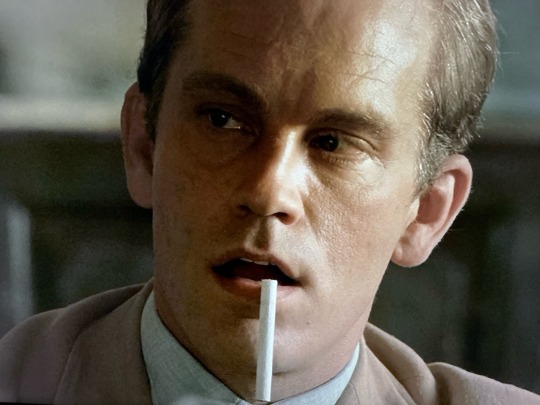





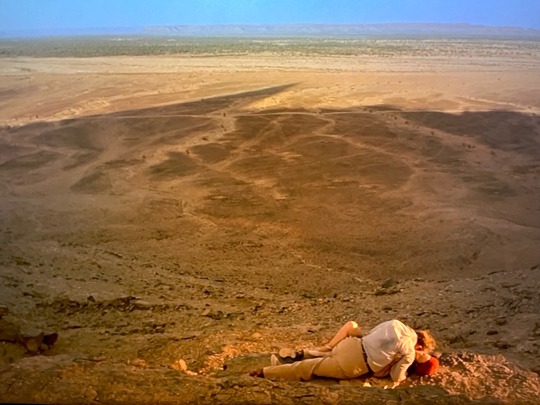



#the sheltering sky#bernardo bertolucci#paul bowles#john malkovich#debra winger#campbell scott#timothy spall
27 notes
·
View notes
Text
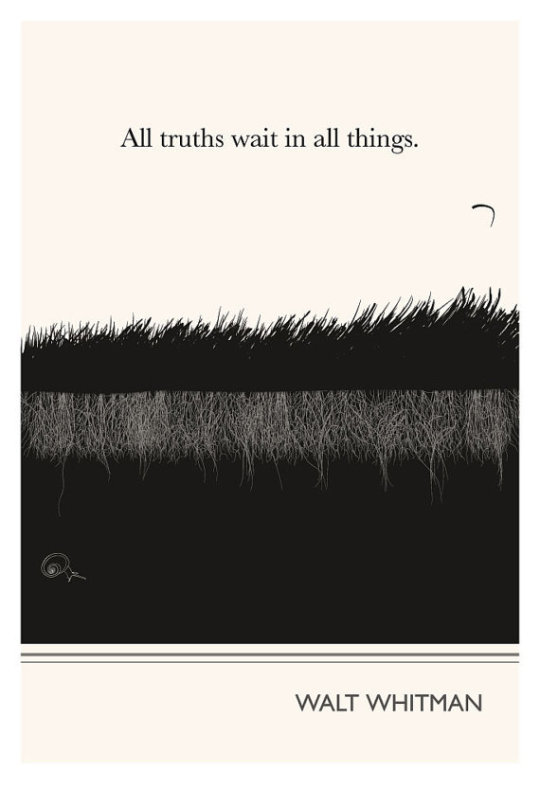


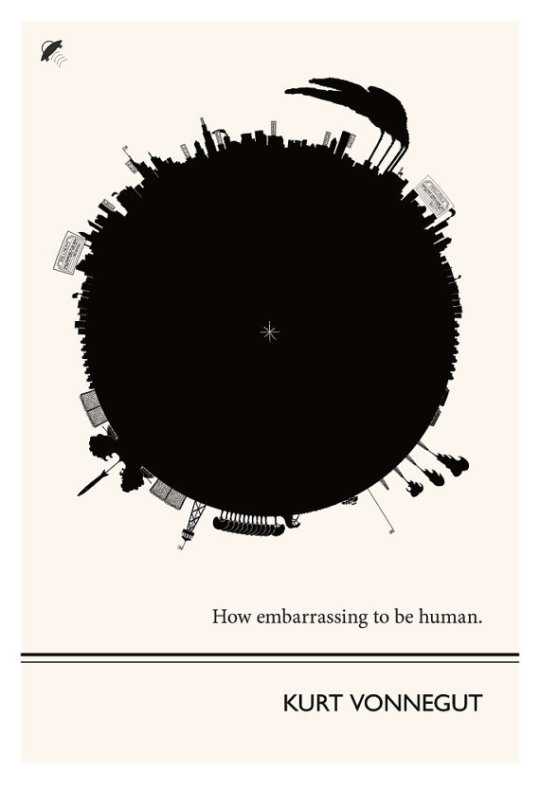


Evan Robertson - carteles literarios
#Evan Robertson#carteles#literatura#e.e. cummings#paul bowles#truman capote#kurt vonnegut#walt whitman#ernst hemingway
22 notes
·
View notes
Photo





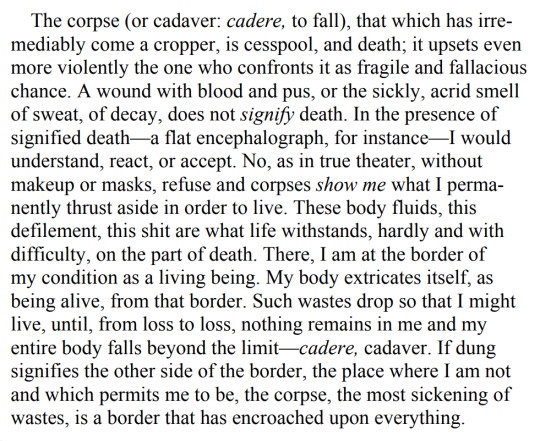



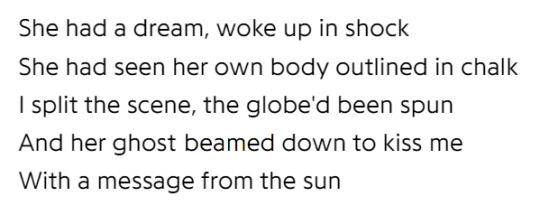
something about the abject horror of death
T.S. Eliot, The Waste Land // Un Chien Andalou (1929) dir. Luis Buñuel // Paul Bowles, The Sheltering Sky (1949) // William S. Burroughs, Queer (1985) // Francisco Goya, Saturn Devouring His Son (c. 1819-1823) // Julia Kristeva, Powers of Horror: An Essay on Abjection (1980) // Pink Floyd - The Wall (1982) dir. Alan Parker // Nathaniel Hawthorne, “Young Goodman Brown” (1835) // Mark Z. Danielewski, House of Leaves (2000) // Elliott Smith, “Don’t Go Down” (2004)
#intertextuality#web weaving#litblr#dark academia#death#T.S. Eliot#The Waste Land#Un Chien Andalou#Paul Bowles#The Sheltering Sky#William S. Burroughs#Francisco Goya#Saturn Devouring His Son#Julia Kristeva#Powers of Horror: An Essay on Abjection#Pink Floyd The Wall#Nathaniel Hawthorne#Young Goodman Brown#Mark Z. Danielewski#House of Leaves#Elliott Smith
69 notes
·
View notes
Text
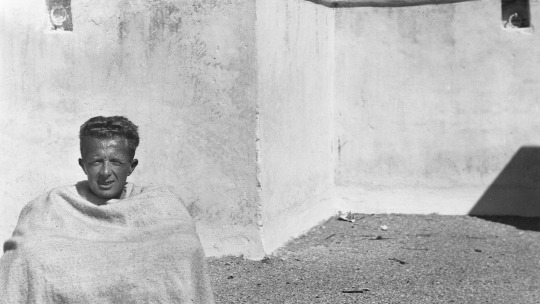
Paul Bowles, December 30, 1910 – November 18, 1999.
54 notes
·
View notes
